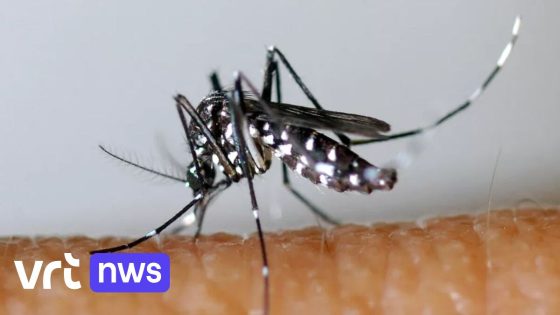Brussels is shifting its strategy regarding Trump’s tariffs, aiming to unify with other affected nations like Canada and Mexico. Initially hesitant, the EU is now exploring collaboration to combat these trade challenges.
- Brussels initially resisted international coordination.
- Criticism of the Commission's anti-Trump efforts.
- Proposal for a new trade coalition emerged.
- German Chancellor supports alternative trade solutions.
- Upcoming talks between EU and CPTPP negotiators.
- Need for leadership to rebuild trade trust.
During a recent summit, European Commission President Ursula von der Leyen proposed forming a coalition with the CPTPP bloc, which includes key economies such as Canada and Japan. This move reflects a growing urgency to address the dysfunctionality of the WTO, as noted by former WTO chief Pascal Lamy.
As discussions between the EU and CPTPP negotiators are set for later this year, the focus is on defending rules-based trade against ongoing tariff threats. Will this new alliance restore faith in global trade systems?
This pivot raises critical questions about the future of global trade relations. Can the EU effectively rally support against the U.S. tariff policies? As leaders strategize, several key points emerge:
- Collaboration could strengthen global trade frameworks.
- Germany‘s support signals a united European front.
- Coordination may lead to more robust trade agreements.
- Trust in the WTO needs rebuilding through collective action.
As the EU and CPTPP prepare for negotiations, the outcome could redefine trade relations. Will this coalition succeed in countering tariff impacts, or will it lead to further tensions? The world is watching closely.

































